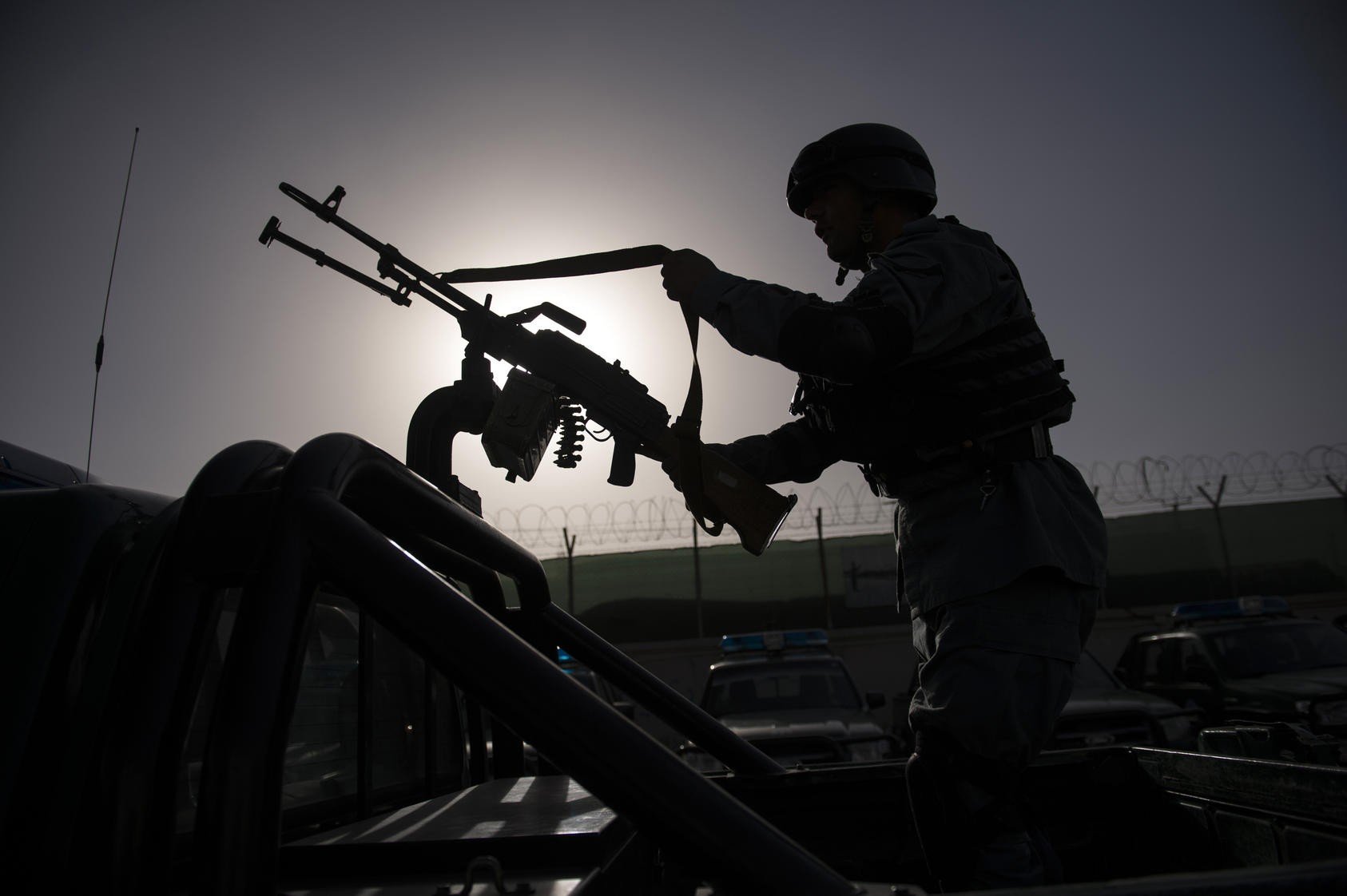
Political liberties are kept under watch when the goal becomes to protect the security state paradigm at all costs

Some recent instances of executive authoritarianism have disquieted people as if the state’s overbearing role were a new addition to the body politic. News media in general has been stopped from expressing itself freely and academic freedom in universities is also being questioned. Dr Ammar Ali Jan, an assistant professor at the Punjab University, was forcibly removed from his position; his fault being that he encouraged critical thinking among his students.
Two separate but related events -- "Ethnic Rights, New Social Movements, and the state of the Federation in Pakistan" at the Habib University Karachi and the commemoration of Mashal Khan’s death anniversary at the Lahore University of Management Sciences Lahore -- were also cancelled. Both events were scheduled for April 13.
What do these incidences tell us?
These events are a continuation of the process of the founding of a security state in the northwest fringes of India under the British Raj. In the pre-independence era, northwest India (today’s Pakistan) was the colonial British security state. Unlike the rest of India, where British had mainly economic interests that attended the slow and gradual introduction of representative principles, the northwest of the country lagged behind in terms of political development. This was largely because political liberties did not suit the British security agenda in the region.
It were the northwest extremity, the border areas with Afghanistan, that was relegated to the role of a defense wall against the supposedly expansionist designs of Czarist Russia, and in the case of Afghanistan, the irredentist claims of the latter after the treaty of Gandamak 1879 and Durand Line agreement 1893. Here, (Fata in the present context), political liberties with nationalistic flavour, seen as incompatible with the colonial administration’s security interests, were not allowed. Pakistan inherited the British security state.
A typical post-colonial security state is obsessed with provision of security, defined as the absence of threat to the established political order of the supremacy of non-elected executive over its elected counterpart, as the topmost priority. In such a state, political liberties such as freedom of thoughts and actions that may gravitate towards challenging the essence of security state are kept in check.
After independence, it were the non-elected executive offices of Governor General, unrepresentative civilians, civil bureaucracy and the military whose authoritarian policies brought the country to the verge of collapse, ultimately making Pakistan the first post colonial state to undergo disintegration. The citizenry had to wait till December 1971 to elect their representatives in general election for the first time since the dawn of independence back in 1947.
In half the time period of Pakistan’s existence -- some 33 years -- the non-elected people have ruled Pakistan. Over time, the deep state has become so entrenched that it exercises power even on issues that have no direct bearing upon security. As a result, the space for elected governments has only shrunk.
This has only strengthened the hand of the non-elected executives to direct not only the state of Pakistan but also the society. The goal is to protect the security state paradigm from all unsavoury actions including adverse criticism.
In this paradigm, every action is seen through the prism of security. Every critical voice that tends to challenge the narrative of security state is interpreted as the voice of an enemy, hence made silent. All the events and content that became a victim of censorship have a common thread running through them: they all predispose to question the very relevance of the security state in a parliamentary democracy. The faculty and administration of Gomal University were snubbed because it has nurtured transformational leadership. The event at Habib University was cancelled because it, if conducted, would have definitely promoted a social movement which questions the security policies of the security state in the Pashtun-populated northwest. Mashal Khan’s death anniversary event was not allowed to be held because it would have problematised the state-sponsored religiosity that has been killing innocent citizens in their thousands since early 1980s.
As things stand, politics may take either of the two trajectories. One, the non-elected executive will have to discard its security state orientation or, alternatively, it will have to withstand the wrath of the politicised and conscious public for the policy choices it makes in the name of public. In the first case, bordering on impossibility, the non-elected executive will be subservient to the elected executive, the hallmark of civilian supremacy. In the second case, the security state will have to call time on the institutionalisation of unlawful violence and be accountable to the public for their actions in compliance with the constitution. Authoritarianism is at its saturation point!